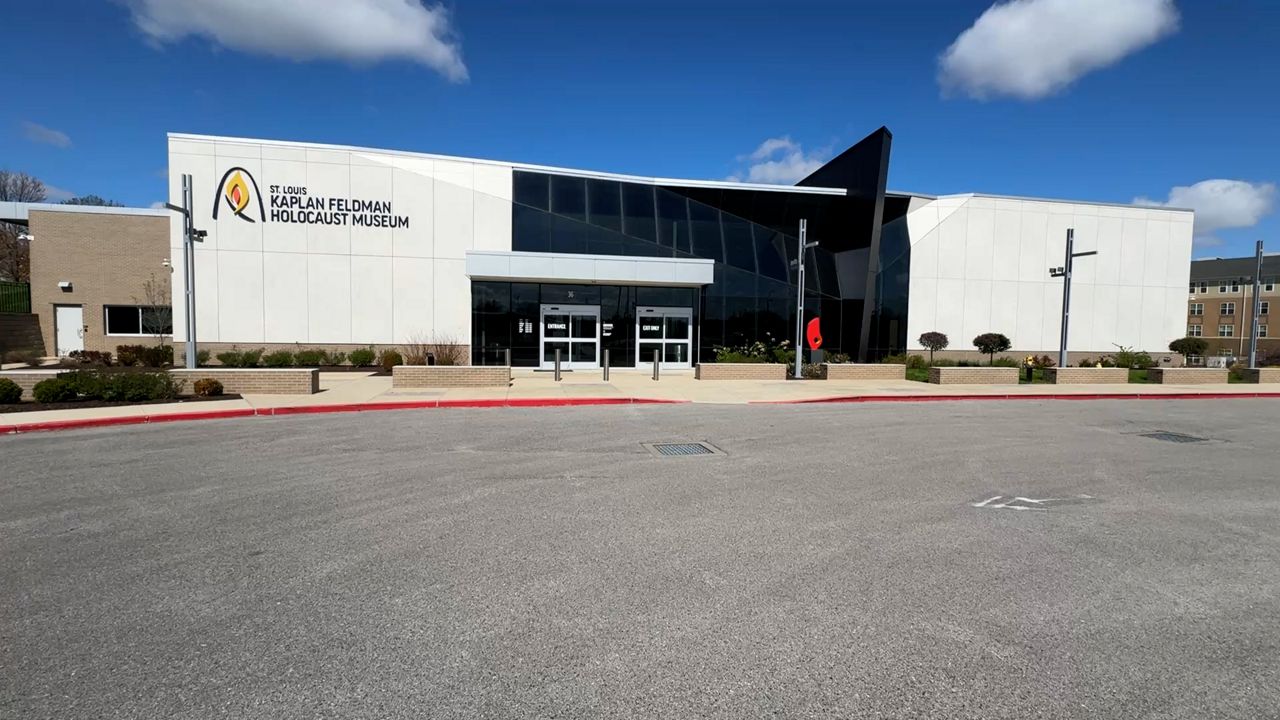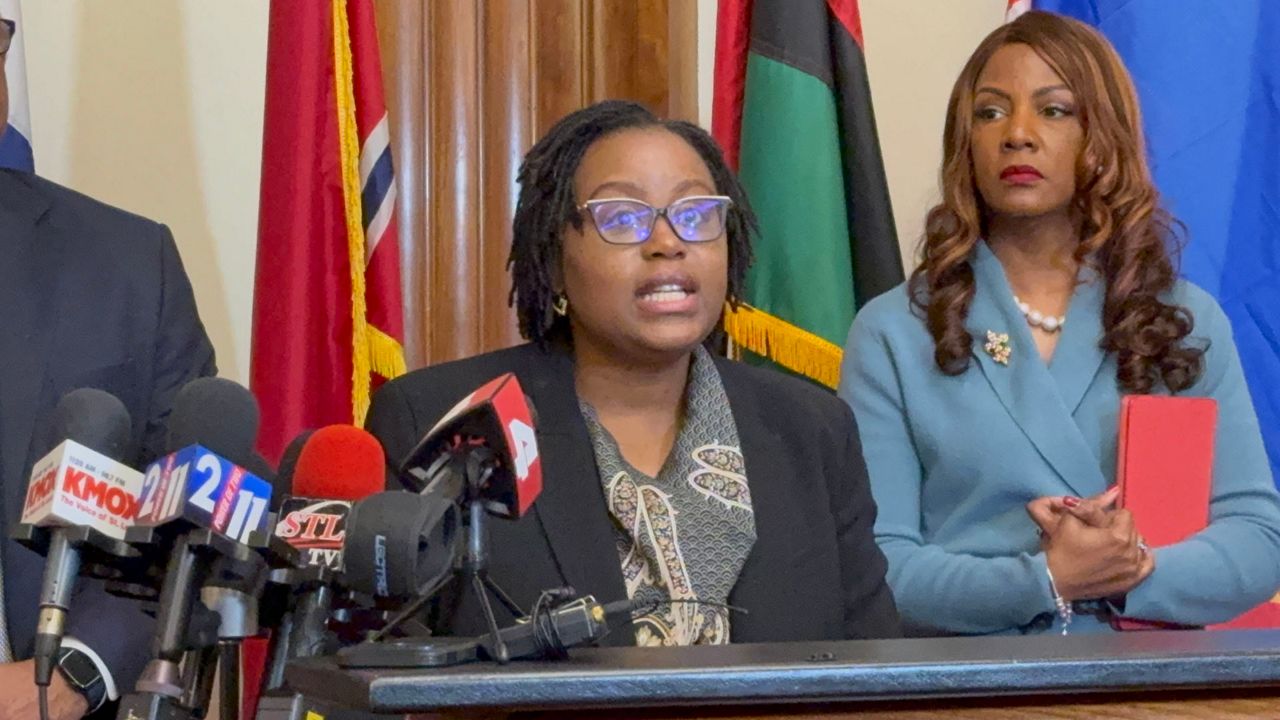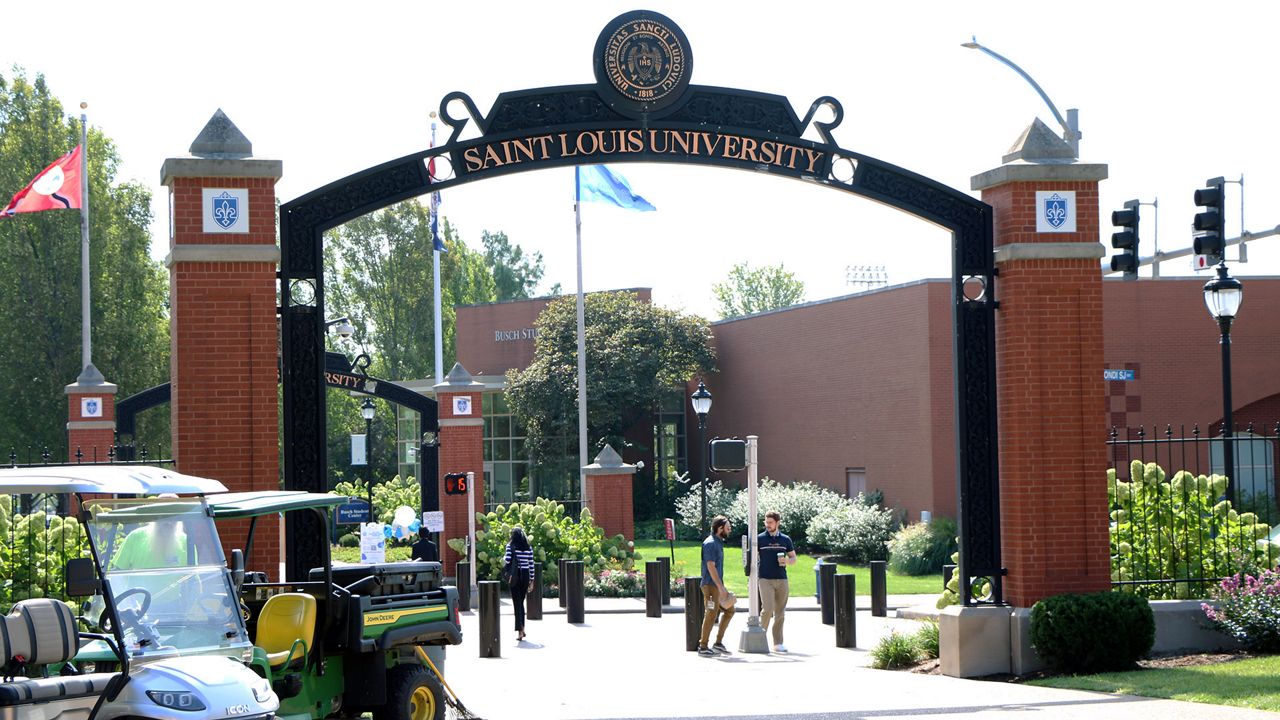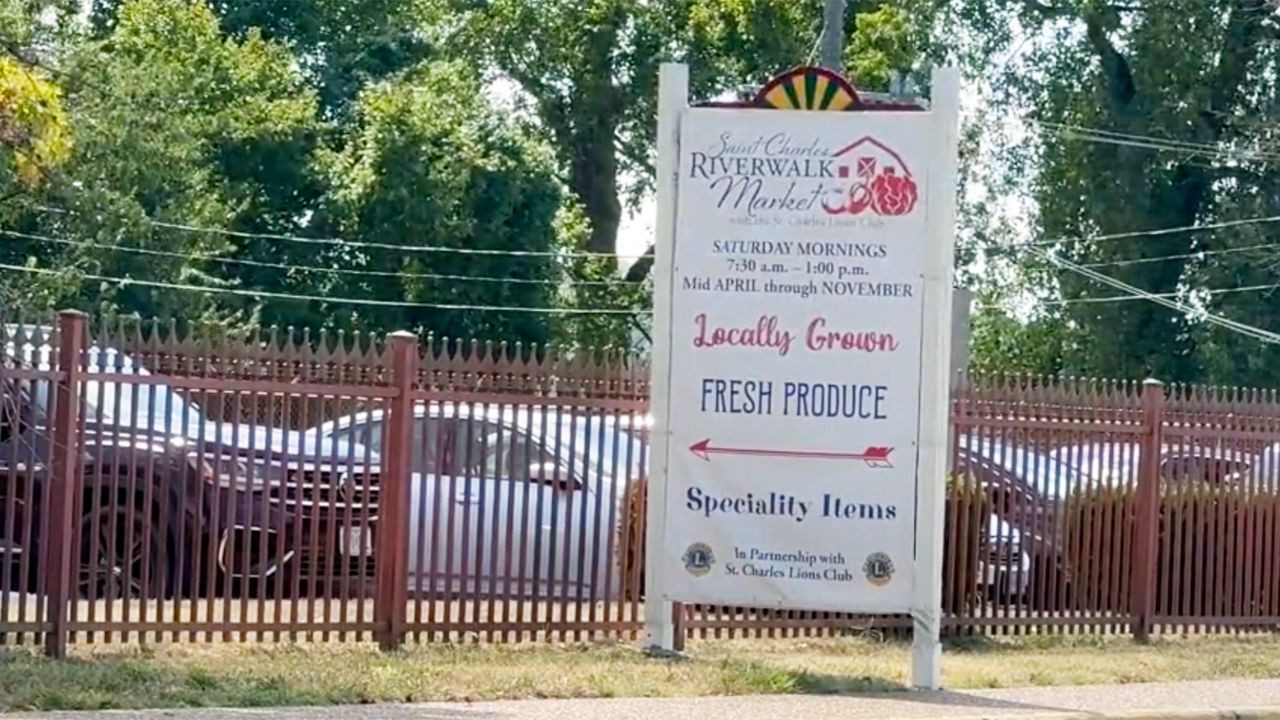MARYLAND HEIGHTS, Mo.—After a federal grant was pulled, an anonymous donor gave the St. Louis Kaplan Feldman Holocaust Museum $125,000 to fund what the original grant was intended for. Between the large donation and thousands of dollars in other donations, they have eclipsed the amount needed for a digitization project. Any excess funding above the $130,000 the museum receives will be used towards preserving their artifacts and other expenditures.
The IMLS grant for the museum was pulled by an executive order from President Trump according to the museum’s Director of Development, Chaney Jewell. The White House put out a release that the President ordered for the "reduction in the elements of the Federal bureaucracy that the President has determined are unnecessary."
They're digitizing testimonies of 300 survivors including audio files and written transcripts. After digitizing is completed, the testimonies are planned to be accessible online.
The museum is filled with stories of holocaust survivors that made St. Louis their home. Many of the museum contributors started up successful local businesses despite carrying holocaust trauma.
“We think this is an important teaching tool so we can better understand genocide.”
Even though the Holocaust Museum points to the most well-known attempt at genocide that occurred over three-quarters of a century ago, Jewell said the lessons of battling “simple acts of hate” are timeless.
“It’s not just a space where we’re engaging in the histories of genocide. We’re engaging with students that might see or hear bullying or a slur that’s heard in their hallway and by coming to the museum and engaging with our spaces, our survivor speakers and our impact lab, they can learn real actual steps they can take against those simple acts that then build later on.”








